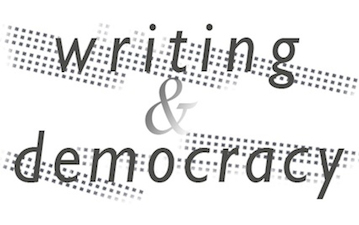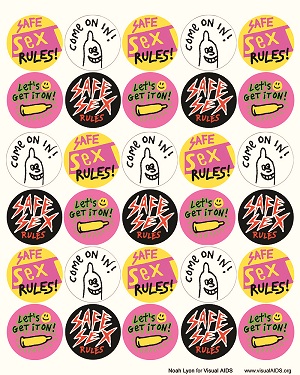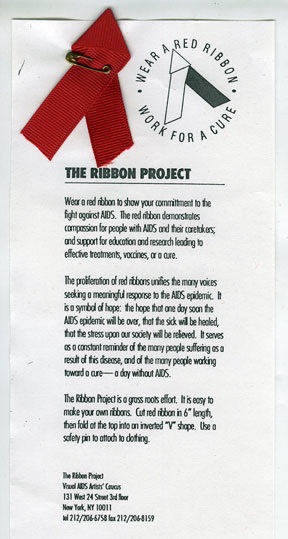Transmissions: The Literature of AIDS
Josué Rivera
30 years of literature inspired by living with and dying of AIDS is brought to light in a one day symposium put together by publishing collective Mischief + Mayhem and the School of Writing. Transmissions: The Literature of AIDS featured two panels exploring the canon of AIDS literature between 1981 through the present, a reading of selected works, and a visual arts exhibition. Dale Peck, School of Writing faculty member and Mischief + Mayhem co-founder, moderated the event which featured Rabih Alameddine, Michael Denneny, Gary Indiana, Zia Jaffrey, John Kelly, Larry Kramer, Jennie Livingston, Amy Scholder, Max Steele, Sarah Schulman, John Weir, and Edmund White. Wolfman Hall held film screenings of Dan Fishback’s Thirtynothing, David Wojnarowicz’s A Fire in the Belly, excerpts from the ACT UP Oral History Project, and selections from the Visual AIDS Broadside series and Archive Project.
In the ’80s, gay communities spoke the unspeakable reality of HIV and AIDS with an incendiary desire to tear open the plastic bag which President Reagan wrapped around their heads. Public consciousness was hijacked in a homophobic malice “because fags and dykes and junkies are expendable in this country,” and “if you want to stop AIDS shoot the queers” said the governor of Texas on the radio[1]. In 1983 Larry Kramer warned about a crisis, which would rapidly transform into an epidemic devastating whole communities[2]. It was a time to turn anger, fear, and pain into action. A time of civil disobedience. A time that signaled Silence = Death. Guest speakers Larry Kramer and Sarah Schulman were writers among a community of socio-political “outcast[s] who had nothing left to lose in taking up the stigmatized subject3” of AIDS in America.
The Public visibility of the epidemic dimmed with the new decade. President Clinton stated in ’93 that AIDS was “receding in the public consciousness as a thing to be passionate about[3].” Although AIDS was not a prevalent issue for the public there were moments of creative expression and explosive activism. Pedro Zamora, activist and MTV’s Real World cast member, was particularly instrumental in reaching out to a new generation. And during the beginning of the ’90s, ACT-UP established two illegal underground needle exchanges for around 1,000 injecting drug users, thereby effectively reducing HIV transmission among that population[4]. By ’93 AIDS was reported as the fourth leading cause of death among women aged 25-44 years in the USA5. In the same year the CDC reported that the incidence rate of HIV/AIDS for Blacks and Latinos is three times as high as that of whites[5]. The following year AIDS becomes the leading cause of death for all Americans ages 25-445.
With such demographic disparity within the AIDS community, Trasmissions regrettably under represents the diversity of AIDS literature. Although the ACT UP Oral History Project presents stories from people of all races and classes, which transformed entrenched cultural ideas about AIDS and sexuality[6], I yearned for the symposium to speak about writers such as Essex Hemphill, Joseph Beam, or Sindiwe Magona, a few among many individuals whom were integral toward the empowerment of minority voices writing about living with or dying of AIDS.
The AIDS epidemic continues to ravage the world. The CDC reports that more than 1.1 million people in the United States are living with HIV infection, and almost 1 in 5 are unaware[7]. Transmissions: The Literature of Aids comes at a crucial moment when the public consciousness of AIDS needs re-ignition. The symposium offers intimate accounts from the creative minds of people affected by AIDS and HIV. The following are excerpts that encompass the often painful emotional acuity of their experiences; along side the preceding examples of visual art, literature, and media discussed.
Larry Kramer, “1,112 And Counting”
“If this article doesn’t scare the shit out of you, we’re in real trouble. If this article doesn’t rouse you to anger, fury, rage, and action, gay men may have no future on this earth. Our continued existence depends on just how angry you can get.”
David Wojnarowicz, “The Half-Life”
“If I could open up your body and slip inside your skin and look out your eyes and forever have my lips fused with yours I would. It makes me weep to feel the history of your flesh beneath my hands in a time of so much loss. It makes me weep to feel the movement of your flesh beneath my palms as you twist and turn over to one side to create a series of gestures to reach up around my neck to draw me nearer. All these memories will be lost in time like tears in the rain.”
Essex Hemphill, “Ceremonies”
“I speak for thousands, perhaps hundreds of thousands of men who live and die in the shadows of secrets, unable to speak of the love that helps them endure.”
Sindiwe Magona, “Mother to Mother”
“Yes, I can see how torn she must have felt. Excited and grieving. Happy and sad. At one and the same time. For the same, the very same, reason.”
[1] Carr, Cynthia, Fire in the Belly: The Life and Times of David Wojnarowicz, Bloomsbury USA, p. 402.
[2] Larry Kramer, ” 1,112 And Counting,” New York Native, issue 59,14-27 March, 1983.
[5] http://www.cdc.gov/nchhstp/newsroom/docs/Timeline-30years-HIV-African-American-Community-508.pdf
[7] http://www.cdc.gov/hiv/statistics/basics/ataglance.html
Josué Rivera is a contemporary media artist, writer, and activist. He is editor and creative director for Clearly Stated, and will be publishing Minor Scale Over White Sands through New York-based independent, nonprofit publisher, ¿COLORBLIND?.
Transmissions: The Literature of Aids / Josué Rivera
- Categories →
- Events
- Media
- Students
Portfolio
-

Frontiersville

-

Civic Engagement / Luis Jaramillo

-

Elizabeth Gaffney in Conversation with Jessica Sennett

-
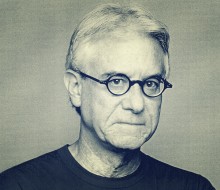
A Trip to Hibbing High / Greil Marcus

-

Literature in Evolution / Lena Valencia

-
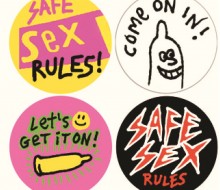
Transmissions: The Literature of Aids / Josué Rivera

-

Four Poems / Catherine Barnett

-

Christopher Pugh: To Colorado

-

Animal Farm: Timeline & Bias / John Reed

-

She Hath Writ Diligently Her Own Mind: Elizabeth Childers / Bean Haskell

-

Bob Dylan’s Memory Palace / Robert Polito

-

Ari Spool: Bricks

-

Revisiting the Final Years of Béla Bartók / Liben Eabisa

-

Conrad Hamanaka Yama / Zoe Rivka Panagopoulos & Ricky Tucker

-
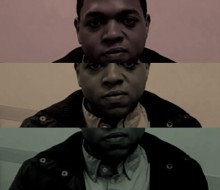
Community

-
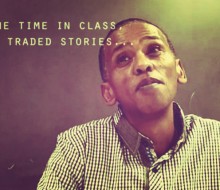
Class Stories

-
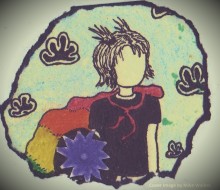
No Scripts / Bean Haskell

-
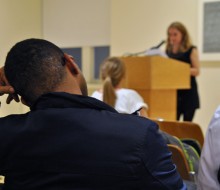
Spring’s Last Words: Riggio Student Reading / Ashawnta Jackson

-

GPS / Patricia Carlin

-

Midway / Laura Cronk

-

A Certain Rainy Day / Zia Jaffrey

-
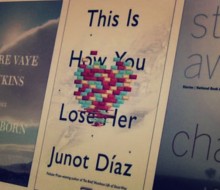
The Story Prize

-
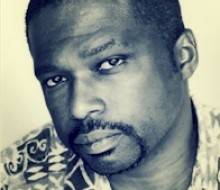
The Next Flight / Jefferey Renard Allen

-

The Inquisitive Eater Blog First Year Anniversary: March 18, 2013 / Jessica Sennett

-

Riggio Forum: Sean Howe / Natassja Schiel & Jessica Sennett

-

Down the Manhole / Elizabeth Gaffney

-
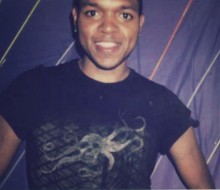
He Saw Me / Ricky Tucker

-

Nonfiction Forum: Tom Lutz / Ashawnta Jackson & Nico Rosario

-

Homage to Bill McKibben / Suzannah Lessard

-
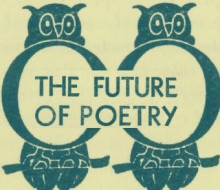
The Unsolved Mystery of “Epitaph to a Love” by Mildred Green, 1948 / Jessica Sennett

-

Dancing About Writing

